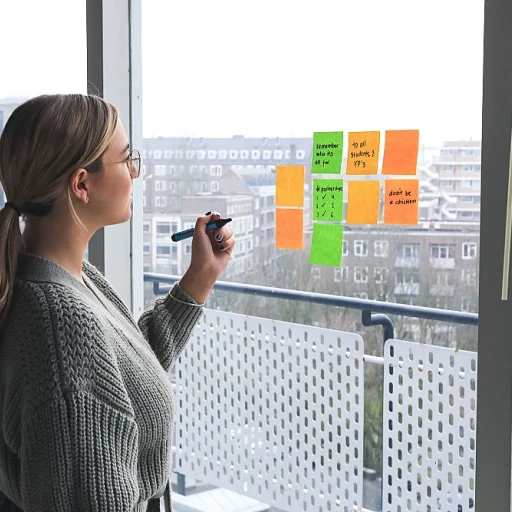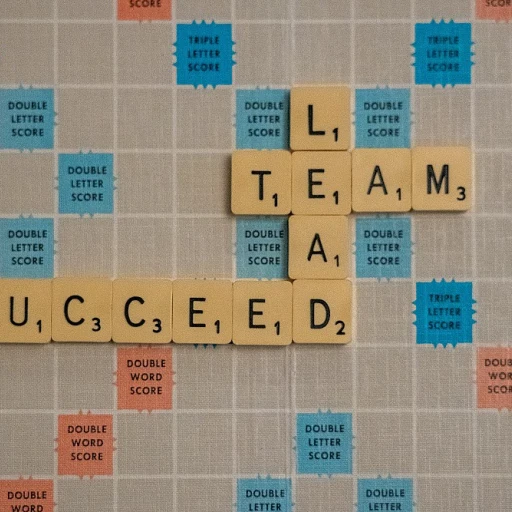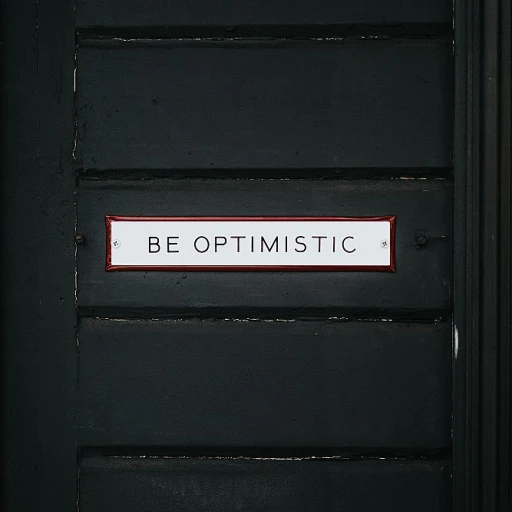
Why pre hire solutions matter in retail hospitality interviews
In retail hospitality, interviews often feel rushed yet carry enormous weight. Hiring managers must balance staffing pressures, service standards, and brand culture while evaluating candidates in minutes. This is where structured pre hire solutions for retail hospitality transform the hiring process into a reliable decision making system.
Modern pre hire solutions combine data driven assessments, clear role profiles, and standardized interview guides. They help agencies and internal teams align on the key competencies that predict long term performance in hospitality sectors and busy retail environments. When staffing agencies and in house recruitment teams share the same pre hire framework, the recruitment process becomes more consistent and fair.
For HR professionals, the main challenge is understanding how to translate service expectations into measurable interview criteria. Retail hospitality roles demand resilience, empathy, and rapid problem solving under time pressure, which traditional interviews often miss. By integrating structured questions, situational scenarios, and applicant tracking data, pre hire solutions for retail hospitality create comparable candidate experience insights across multiple locations.
These solutions also support talent pools by capturing information on both successful and near miss candidates. Over time, this builds a reservoir of top talent that can be activated quickly for temp hire needs or urgent staffing gaps. In practice, this reduces time to hire, improves candidate experience, and strengthens the overall hiring process for every retail hospitality service team.
Designing interview frameworks that fit retail hospitality realities
Effective pre hire solutions for retail hospitality start with a precise definition of roles. Each position in retail or hospitality requires a different mix of customer interaction, operational tasks, and problem solving responsibilities. A clear framework allows hiring managers and any staffing agency partner to evaluate candidates against the same standards.
Within this framework, the recruitment process should map each interview step to a specific competency. For example, one part of the hiring process can focus on service recovery scenarios, while another explores teamwork in high volume hospitality industry settings. This structure helps agencies and internal teams compare candidates objectively and identify top talent for both permanent and temp hire roles.
Pre hire interview guides should also reflect the realities of retail hospitality schedules. Short, focused interviews can still be rigorous when supported by data driven scoring rubrics and applicant tracking tools. When a staffing agency uses the same guides, the candidate experience feels coherent, even if several agencies or locations are involved.
HR leaders responsible for human resources strategy, such as those in a human resources director role, can embed these frameworks across multiple hospitality sectors. This alignment ensures that staffing solutions and hire solutions remain consistent, regardless of which recruitment agency or internal recruiter runs the interview. Over time, such frameworks become a key asset in building resilient, service oriented teams in retail hospitality.
Using data driven insights to refine interview decisions
Pre hire solutions for retail hospitality gain real power when they are data driven. Instead of relying solely on intuition, hiring managers can link interview scores to later performance and retention outcomes. This feedback loop gradually improves the recruitment process and highlights which interview questions truly predict success in hospitality staffing and retail roles.
Applicant tracking systems can capture structured data on candidates, including interview ratings, assessment results, and hiring decisions. When combined with performance data from hospitality industry operations, HR teams can identify patterns that separate average candidates from top talent. These insights guide staffing agencies and internal recruitment teams in refining their interview scripts and evaluation criteria.
Data also helps differentiate between short term temp hire needs and long term staffing solutions. For example, some candidates excel in high intensity seasonal retail hospitality work, while others thrive in stable, long term hospitality recruitment placements. By segmenting talent pools based on these patterns, agencies and employers can match candidates to roles that fit their strengths and availability.
For professionals preparing for senior HR interviews, such as those in financial services, understanding data driven hiring is increasingly essential, as highlighted in guidance on succeeding in HR executive interviews. The same analytical mindset applies to pre hire solutions for retail hospitality, where evidence based staffing solutions support better service outcomes. Over time, this approach builds trust between agencies, hiring managers, and candidates who expect transparent, fair evaluation.
Balancing speed, fairness, and candidate experience in interviews
Retail hospitality hiring often happens under intense time pressure, especially during peak seasons. Pre hire solutions for retail hospitality must therefore balance speed with fairness and depth of assessment. When the hiring process is rushed without structure, both candidate experience and service quality suffer.
Structured interview kits help hiring managers move quickly while still asking consistent, role relevant questions. Candidates benefit from clear expectations, realistic job previews, and transparent explanations of the recruitment process. This clarity reduces anxiety, improves candidate experience, and encourages honest dialogue about availability, service skills, and long term career goals in hospitality sectors.
Staffing agencies and internal teams can also use pre hire tools to triage applicants before interviews. Short online questionnaires, scenario based assessments, and basic skills checks filter candidates into appropriate talent pools. This allows agencies to focus interview time on top talent while still maintaining fair access for a broad range of applicants seeking retail hospitality roles.
Fairness also depends on reducing bias in both individual and panel interviews. Data driven scoring, standardized questions, and clear evaluation rubrics help agencies and hiring managers compare candidates objectively. Over time, these practices support more inclusive staffing solutions and hire solutions, strengthening the reputation of both the employer brand and any recruitment agency involved in hospitality staffing.
Partnering with staffing agencies to strengthen pre hire strategies
Many retail hospitality employers rely on staffing agencies to manage volume hiring. To be effective, pre hire solutions for retail hospitality must therefore integrate smoothly with agency workflows and expectations. Clear agreements on role profiles, service standards, and interview criteria are essential for consistent recruitment outcomes.
When a staffing agency understands the key competencies for each role, it can pre screen candidates more accurately. Agencies can run structured interviews, use applicant tracking tools, and maintain segmented talent pools for different hospitality sectors and retail formats. This alignment turns agencies into strategic partners rather than simple temp hire suppliers.
Hospitality staffing and retail staffing solutions also benefit from shared data. Employers can provide feedback on candidate performance, time to hire, and retention, while agencies adjust their sourcing and interview techniques. Over time, this collaboration refines pre hire solutions and supports long term workforce planning in the hospitality industry.
HR leaders can further enhance this partnership by aligning agency practices with broader human resource management principles, as outlined in resources on implementing effective HR management practices. Applying similar rigor to hospitality recruitment ensures that staffing agencies, internal teams, and hiring managers share a unified approach. This unified approach strengthens candidate experience and supports consistent service quality across all retail hospitality locations.
Preparing candidates and interviewers for high quality conversations
Pre hire solutions for retail hospitality are most effective when both candidates and interviewers are well prepared. Candidates need clear guidance on what to expect, which competencies matter, and how the hiring process unfolds. Interviewers need training on structured questioning, active listening, and fair evaluation techniques.
Providing candidates with role descriptions, sample questions, and realistic job previews enhances transparency. This preparation improves candidate experience and helps applicants decide whether retail hospitality roles match their expectations and availability. It also reduces early attrition, supporting long term staffing solutions and more stable teams.
Interviewers, including line managers and agency recruiters, should receive practical coaching on using interview guides and scoring rubrics. Consistent use of these tools ensures that pre hire solutions for retail hospitality remain reliable across different locations and shifts. Training should also address unconscious bias, cultural sensitivity, and the specific service expectations of the hospitality industry.
Finally, organizations should maintain ongoing communication with staffing agencies about interview quality and outcomes. Regular reviews of recruitment process metrics, such as time to hire and conversion from interview to hire, help refine both internal and external practices. When everyone involved shares responsibility for candidate experience and service quality, pre hire solutions evolve from administrative tools into strategic levers for better retail hospitality performance.
Key statistics on pre hire solutions for retail hospitality
- Include here quantitative statistics from topic_real_verified_statistics once available in the expertise dataset.
- Use metrics related to time to hire, retention, and candidate satisfaction in retail hospitality.
- Highlight data on the impact of structured interviews and applicant tracking on hiring outcomes.
- Emphasize statistics that connect staffing solutions to service quality and revenue performance.
Frequently asked questions about pre hire solutions for retail hospitality
How do pre hire solutions improve interviews in retail hospitality ?
They standardize the recruitment process, clarify role expectations, and provide data driven tools that help hiring managers and staffing agencies evaluate candidates consistently while protecting candidate experience.
What is the role of staffing agencies in hospitality recruitment ?
Staffing agencies source candidates, run initial screening, and manage talent pools, then align their interview practices with employer pre hire frameworks to deliver reliable staffing solutions for both temp hire and long term roles.
Why is candidate experience so important in the hiring process ?
A positive candidate experience strengthens the employer brand, increases offer acceptance rates, and encourages top talent to reapply or refer others, which is critical in competitive retail hospitality markets.
How can data driven methods support better hiring decisions ?
Data driven approaches link interview scores and applicant tracking information to later performance and retention, allowing HR teams and agencies to refine questions, adjust criteria, and improve overall hire quality.
What skills should interviews focus on in hospitality industry roles ?
Interviews should emphasize customer service, problem solving under time pressure, teamwork, and adaptability, ensuring that candidates can handle the specific demands of retail hospitality environments.













